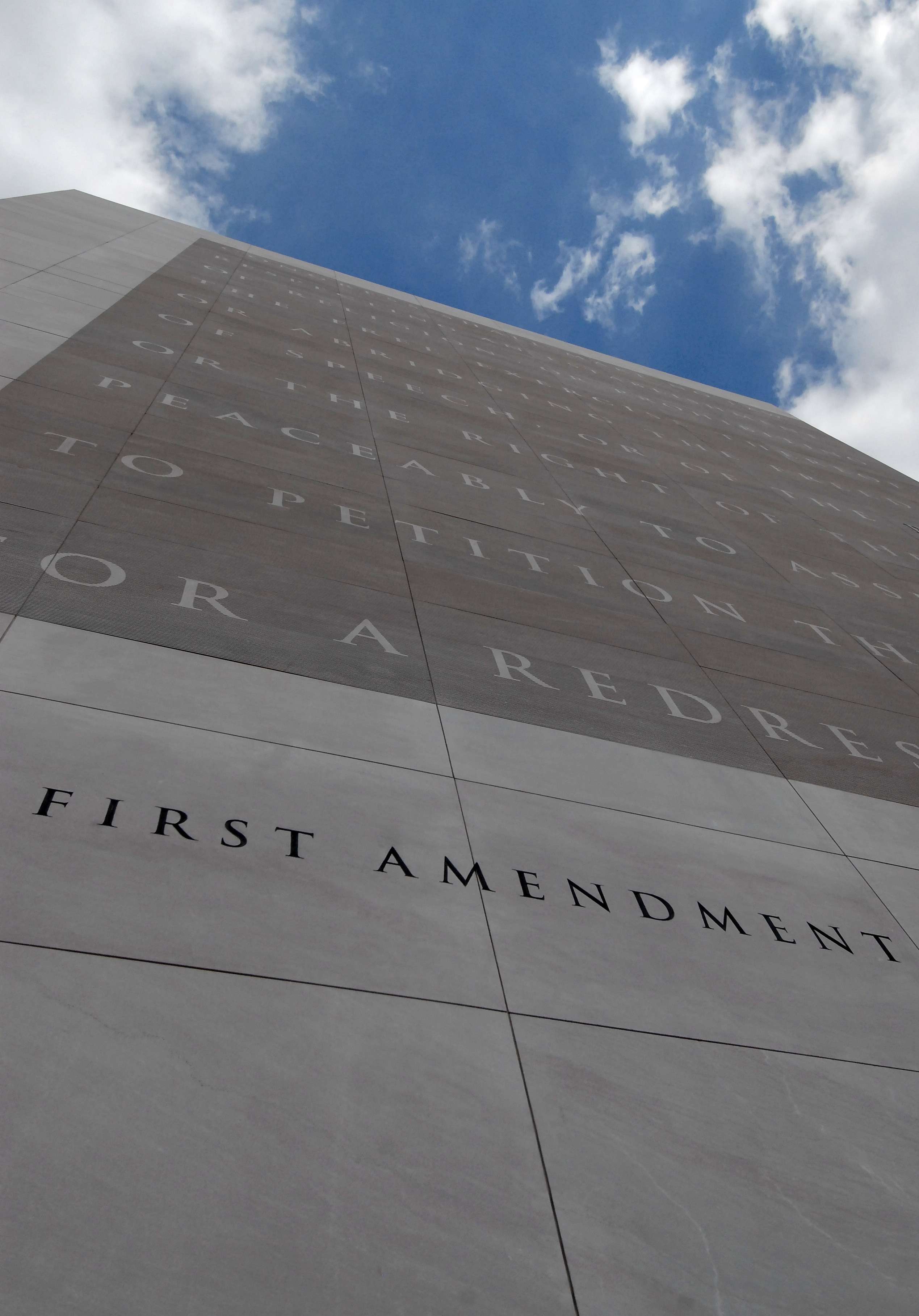The Volokh Conspiracy
Mostly law professors | Sometimes contrarian | Often libertarian | Always independent
Bill Cosby and Hamilton -- no, the other ones -- and the freedom of the press, 282 years ago today

Today is the 282nd anniversary of the John Peter Zenger trial, generally thought to be a milestone for American freedom of the press. The National Constitution Center (Scott Bomboy) has the details, but here's an excerpt:
On August 4, 1735, a jury acquitted publisher John Peter Zenger of libel charges against New York's colonial governor, in an early landmark moment for the free press and the American legal system….
[Zenger's paper,] The New-York Weekly Journal criticized the colony's powerful governor, William Cosby, who was supported by the other newspaper in New York, the Gazette. Governor Cosby had removed Judge Morris from office after Morris issued a dissent from the bench in a case that favored Cosby. The New-York Weekly Journal's criticism of Cosby was unrelenting, accusing the governor of violating the "liberties and properties" of the people….
Zenger's former attorneys arranged for the famed colonial lawyer Andrew Hamilton from Philadelphia to represent Zenger in court for free along with [his court-appointed lawyer, John] Chambers….
[The judge instructed the jury that they were only to decide whether Zenger had published the criticisms, not whether the criticisms were false. But Hamilton argued that the jury should acquit if they thought the prosecution hadn't proved falsehood:]
"The question before the Court and you, Gentlemen of the jury, is not of small or private concern. It is not the cause of one poor printer, nor of New York alone, which you are now trying. No! It may in its consequence affect every free man that lives under a British government on the main of America. It is the best cause. It is the cause of liberty," Hamilton pleaded. … "The laws of our country have given us a right to liberty of both exposing and opposing arbitrary power (in these parts of the world at least) by speaking and writing truth." …
After recessing for about 10 minutes, the jury returned with a not guilty verdict, despite the judge's instructions.
Andrew Hamilton was not related to Alexander Hamilton, but likely the last important public act of Alexander Hamilton's life was making an argument in another landmark free press case (People v. Croswell) that likewise dealt with truth being a defense in libel cases - for more on that, see this post.
(And, yes, I know that there was a calendar change in 1752, but I'm still going with the 282-years-ago today view.)


Hide Comments (0)
Editor's Note: We invite comments and request that they be civil and on-topic. We do not moderate or assume any responsibility for comments, which are owned by the readers who post them. Comments do not represent the views of Reason.com or Reason Foundation. We reserve the right to delete any comment for any reason at any time. Comments may only be edited within 5 minutes of posting. Report abuses.
Please to post comments
Mute this user?
Ban this user?
Un-ban this user?
Nuke this user?
Un-nuke this user?
Flag this comment?
Un-flag this comment?